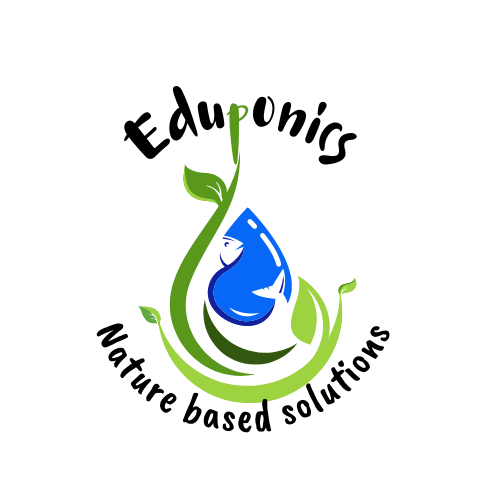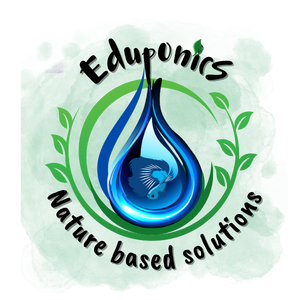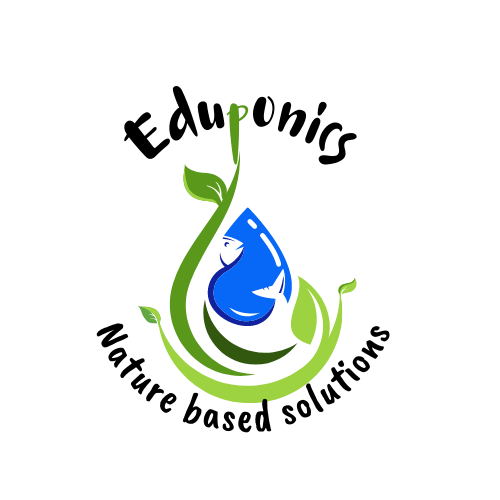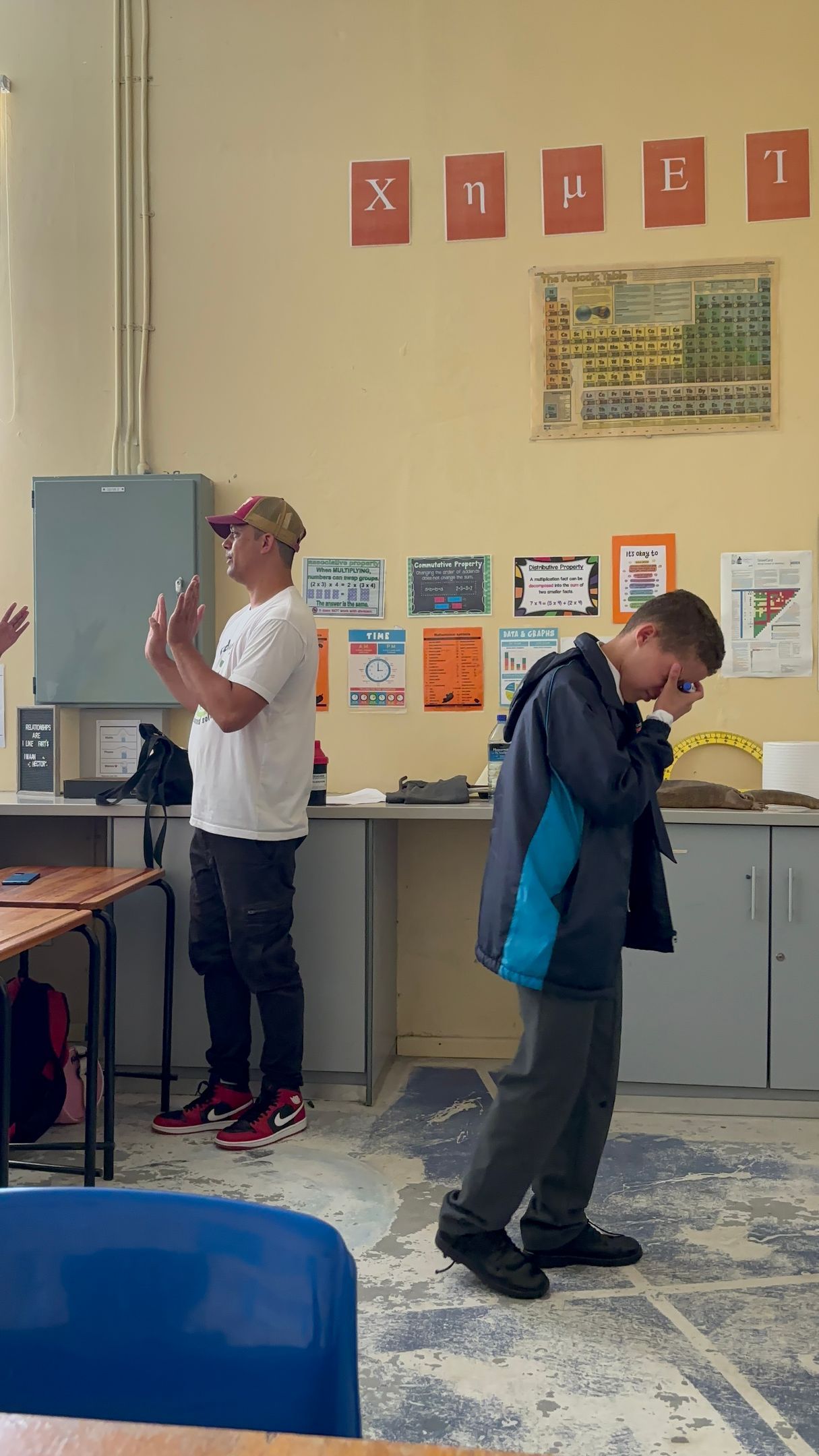What is Eduponics Go Green
Eduponics is an innovative youth led social enterprise that uses aquaponic farming to address a multitude of challenges within South Africa and promotes environmental sustainability entrepreneurship development and relevant, inclusive educational curriculum through its school-based programs.
Eduponics Go Green is an interactive project that follows the FOA guidelines for school gardens, is aligned to the National Development Plan (NDP) of South Africa, IPCC protocols, Cop26 protocols, Western Cape Vision 2050 and is also eligible to be applied under Gold Standard for the Global Goals.
Why Eduponics Go Green

Eduponics incorporates aquaponic farming into the CAPS educational curriculum, allowing students to experience education in a fun, engaging and interactive manner while, developing a range of skills, including
critical thinking, problem-solving, teamwork, and entrepreneurship.
It is important for schools to provide a
more relevant and inclusive learning experience for students. This can involve incorporating real-world, hands on
learning experiences into the curriculum, such as those provided by the Eduponics Go Green project.
By providing students with the opportunity to learn through practical, relevant experiences, schools can help
to engage and motivate them, and foster a love of learning.
Using aquaponics as a use case, Eduponics can help students learn and apply theoretical concepts from subjects such as biology, science, technology, business
studies, accounting, natural science, and geography.
Aquaponics As An Educational Tool
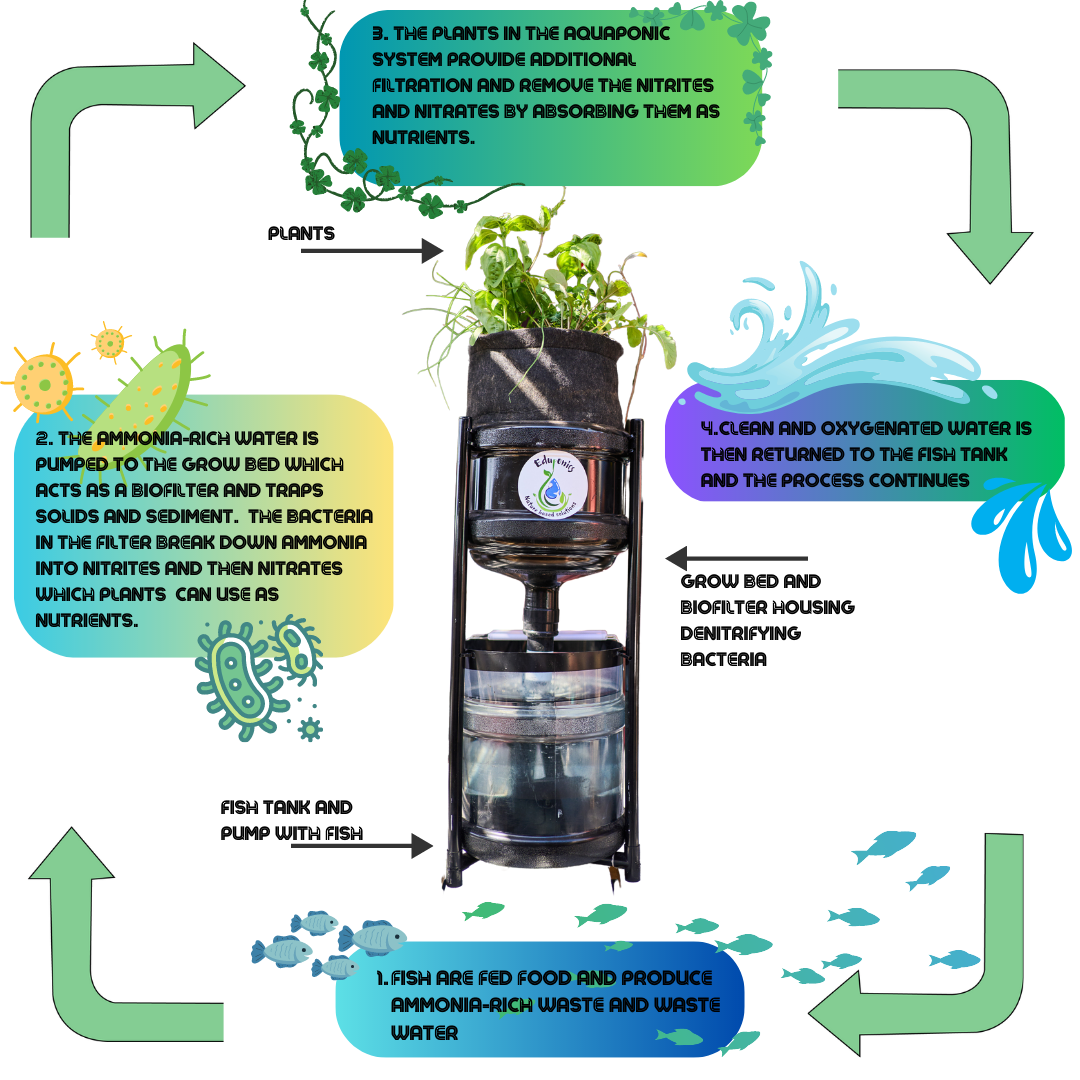
Project Goals
- To train educators in aquaponics farming techniques and provide them with the necessary skills and knowledge to teach students about aquaponics in the classroom.
- To incorporate aquaponics into the school curriculum, providing learners with hands-on experience in sustainable agriculture and STEM-related fields.
- To promote sustainable agriculture and improve food security in the surrounding community.
- To create a sustainable aquaponics system at CAMST that can be used for educational purposes and as a source of fresh produce for the school community.
- Demonstrate solutions to social, environmental and economic challenges with positive climate actions initiatives.
- Mobilise organisations, individuals, corporates and academic institutions with impactful projects.
- Reduce
GHG Emissions by repurposing neglected land within school grounds to facilitate education, food security, and natural habitats for essential ecological functions.
Climate change poses a severe threat to underprivileged and rural communities, reducing their access to food, energy, and water. By addressing food security and environmental sustainability through aquaponics, Eduponics Go Green empowers these communities with the tools and knowledge they need to build resilience against the adverse effects of climate change.
Debunking Myths About Aquaponics🐟
FAQS
Here are answers to some common questions.
